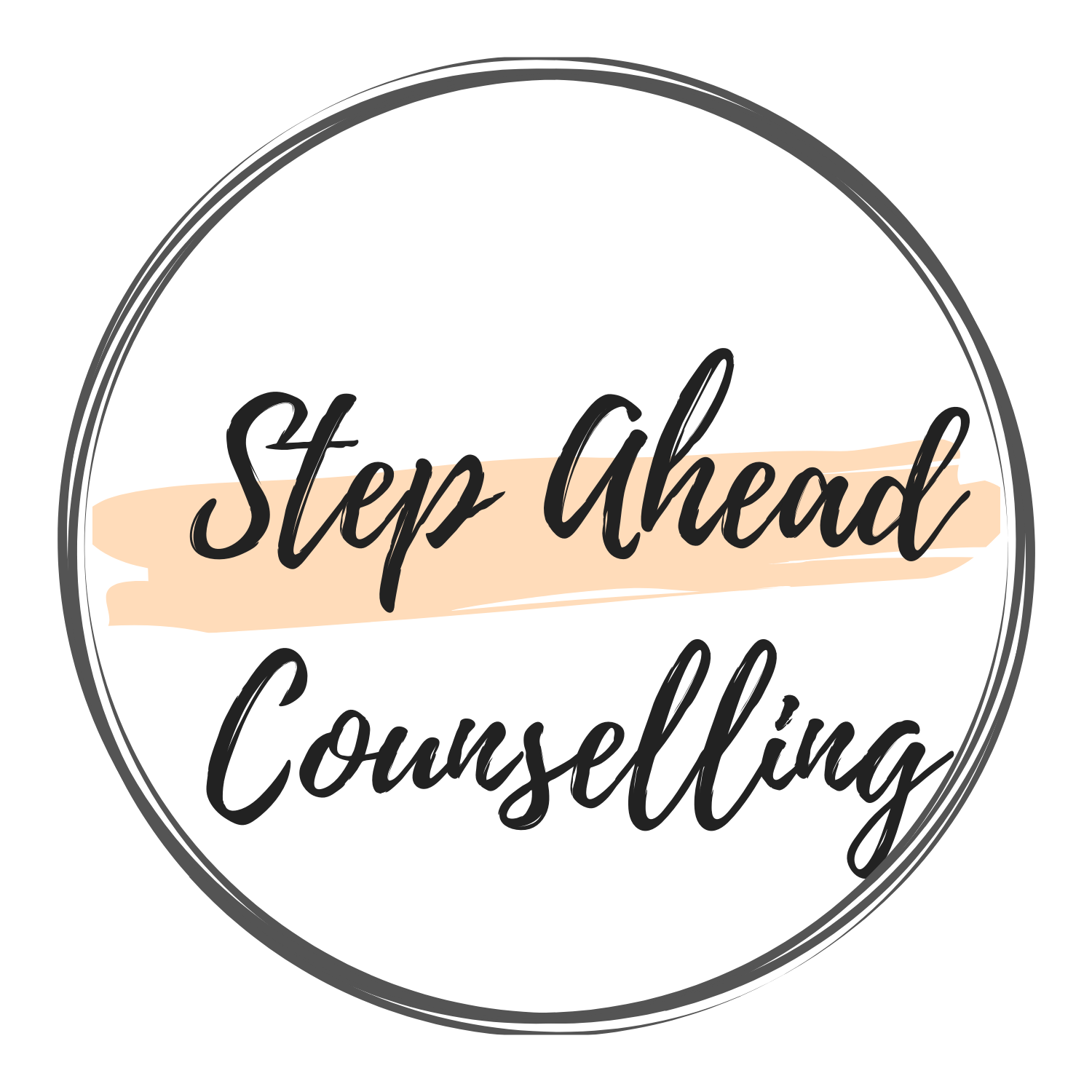“Should” - The one word you need to erase from your vocabulary!
We all “should” ourselves. “I should have gone to the gym today”, “I should have finished off that project before leaving work”, “I should be better at school”.
“Should” has become such an everyday language. We use it in conversation, in ways to motivate ourselves and to express feelings including frustration, guilt and shame. And we use “should” when we are passing judgement. Such as “she should have progressed in her career by her age”, “I am too large, I should lose weight”, “he should have bought a house by now, he has a good job and is 35”. You get it?
Why is “should” problematic?
Firstly, let’s refer to the Oxford dictionary definition of the word “should”:
Used to indicate obligation, duty, or correctness, typically when criticizing someone's actions.
Note the word criticising. When we use the word “should”, we are criticising someone else’s actions, including our own. I don’t know about you, but I don’t respond well, or feel encouraged when I am criticised.
And in relationship counselling, “should” is a massive communication killer when it is used against your partner, as it immediately puts your partner on the defensive due to the implied criticism attached.
The word “should” also implies a lack of self-acceptance, and therefore is a form of self- criticism, and self-criticism is so damaging to our own sense of self-esteem and worth. When we criticise ourselves or come from a place of lack, this can cause stress and anxiety in our mind and body.
What impact does the word “should” have on us?
When we use the word “should”, we are not accepting reality as it is. We are talking in hypotheticals and this sways us from what is, and our current existence. It moves us away from listening to our inner voice and intuition, and forces us to think externally, or outside of our bodies.
I know I use the word mostly when I think about what society, media or my mean inner voice is telling me. For example, I often tell myself that “I should exercise more”. This usually happens after I watch a TV show or see a media advertisement featuring fit people. Reality is, I am a moderately active person and move my body three times a week. So, what if I don’t have a six pack and wear a size 8 anymore ? If I were to eliminate the “should” and tune in to my body and listen to my inner voice, it would be whispering that I am doing enough, and any more will be too taxing on my body.
Staying true to yourself is key
When people come to Counselling, so often I hear “I feel I should have achieved more in my life by now’, or “I know I should be able to cope”. My questions back are often,” who said you should?” “Why should you?”, “Does this feel aligned with what you think/want/need?”
When we unpack this and delve deeper into these questions, the truth emerges. These thoughts are external to the client’s own and almost always the thoughts come from ideas perpetuated from society.
Once this has been realised, we can break it down further by asking are these ‘“shoulds” aligned with your values, your goals and your beliefs? What do you want in life and what is important to you? If staying true to yourself and being authentic is important to you, I really would encourage you to examine those time you use “should” in a sentence.
Help, I can’t stop using “should” in my sentence!
That’s OK; this will take some time and patience. After all, the word “should” has become a fixture in our everyday dialogue. One of the easiest ways you can curb your use of this word is to get curious. Ask yourself:
· Why you think you should do that thing (or should not)
· Does this fit with your belief system and values and who you are?
· Is this truly what you want, or do you think the thing you “should be doing” is something that is expected of you by society or others?
· Try using the sentence again, but this time replace the word “should” with 'could', or 'I want to', and see how that feels.
And that’s it!
This sounds easy, but honestly, it will take practice as we don’t even realise how often we use this word. But the practice and conscious effort is worth the hard work to eliminate the “shoulds”. After all, this word encourages comparison, judgement and overall criticism, and we ain’t got time for that in our lives!
To find out more or to book a counselling session with me on self-worth, self-confidence and managing your mean inner voice whilst staying true to you, visit me here: https://stepaheadcounselling.com.au/.
